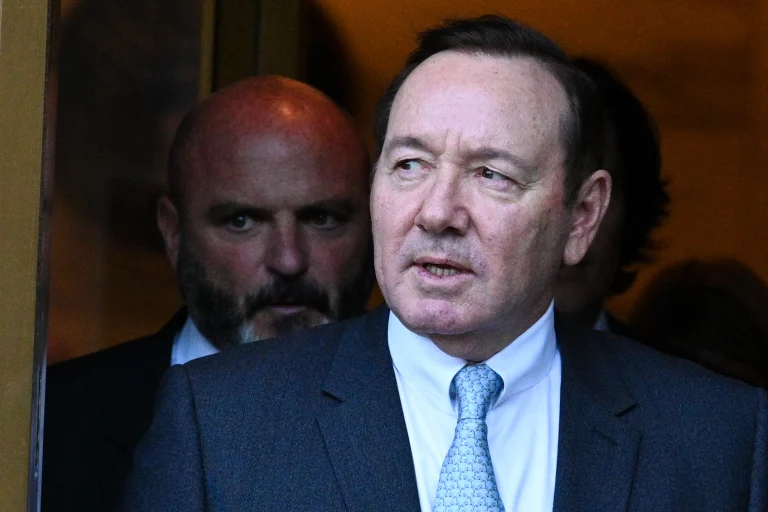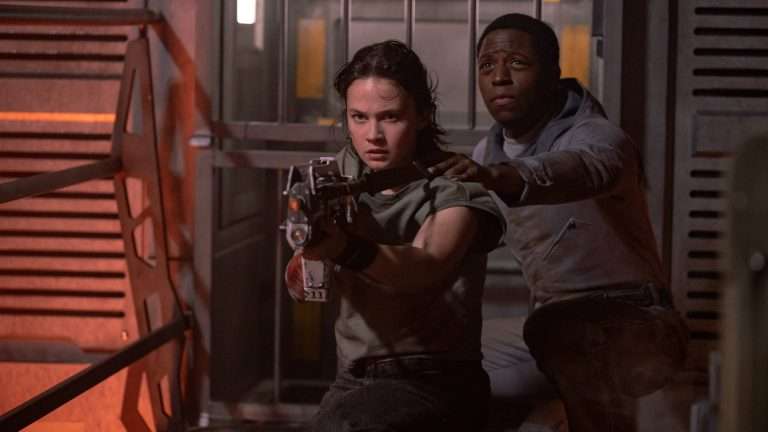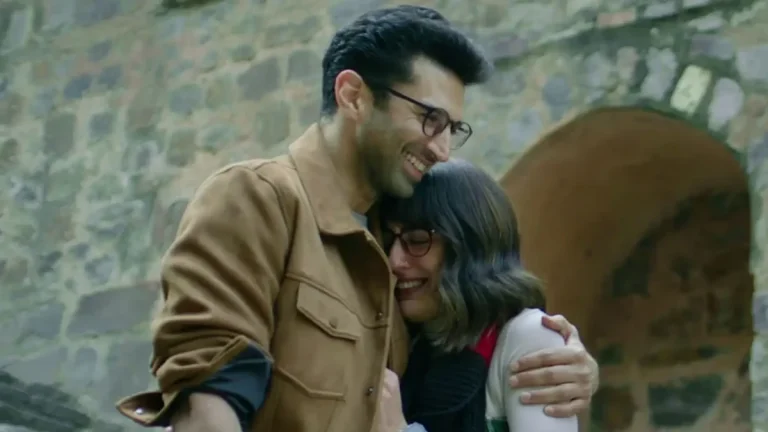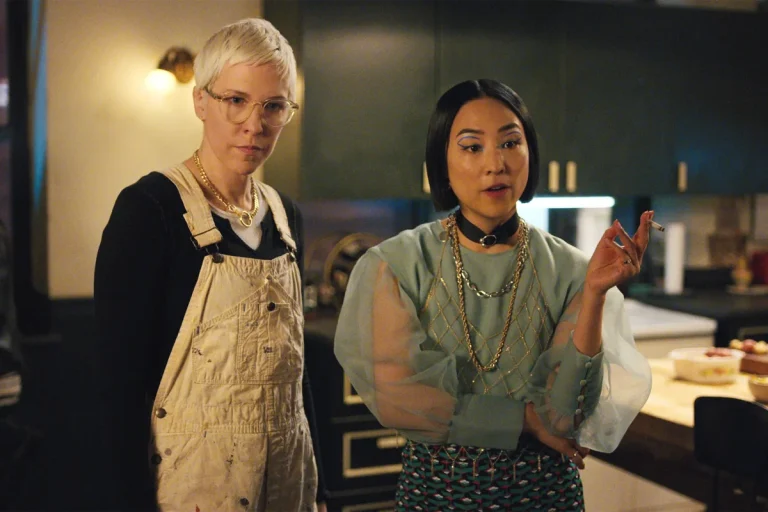WGA Strike Explained: “Pay your writers, or we’ll spoil Succession,” read one of the many quirky placards at the Writers Guild of America protest rally. However funny that might seem prima facie, the tragic story behind it is playing out like a nightmare. The WGA has gone on strike once again after almost 15 years and threatens to derail further the losing battle Hollywood is fighting with its viewers. The labor organization was in negotiations with the AMPTP (Alliance of Motion Picture and Television Producers) for weeks to renegotiate the terms of their contracts. But the talks broke down last night, and the WGA announced that they will “no longer be going to their jobs” starting today.
After the negotiating committee, led by Ellen Stutzman, informed the members of the outcome, almost 98% of the WGA voted to go on strike. One of the excerpts from the message from the Committee to the members encapsulates the writers’ plight. “The companies’ behavior has created a gig economy inside a union workforce, and their immovable stance in this negotiation has betrayed a commitment to further devaluing the profession of writing.” Many celebrities have joined the strike. Among the noteworthy names who have taken to the streets are Brett Goldstein (Ted Lasso), Rob Lowe (Parks and Rec), and Aidy Bryant (Human Resources).
What is the WGA (Writers Guild of America)?
For some context, the WGA is the Writers Guild of America that, is over 12,000 numbers strong in total members. According to their own description, “The union is composed of the thousands of writers who write the content for television shows, movies, news programs, documentaries, animation, and Internet and mobile phones (new media) that keep audiences constantly entertained and informed.”
The lineage of the organization can be traced back to the 1920s when a group of writers stood up against monopolistic abuse of power by a handful of network studios to give shape to the organization we know today.

The WGA Story: A Wretched Numbers Game
The move comes in the wake of a growing realization that “the rich are getting richer” but not “sharing their riches.” There is a stark difference in the numbers The WGA has formed an online database to ground their strike in facts and reflect the dire straits they find themselves in.
According to calculations from WGA on Strike, industry profits have ballooned from $5 billion in 2000 to $28-$30 billion from 2017-2021. The spending for original streaming content has gone from $7 billion in 2020 to almost $20 billion in 2023. And yet, the AMPTP’s proposal for the WGA is increasing the annual gains by a measly $86 million.
The WGA proposals place the number at $439 million, showing the drastic gap in expectations. The strike 15 years ago in 2007-08 cost a whopping $2.1 billion to the city of California alone. It also affected Breaking Bad, the legendary AMC show, which was cut short by eight episodes.
The writers have not fared well against the changing leads of revenue for the industry. Residuals (which are basically royalties they get for show reruns on cable television) have been on a steep decline due to fast media and digital streaming. Since the shifting of content to streaming services, the writers have essentially zero payouts from this previously steady source of income.
The cost and revenue models of the industry have been deeply affected by technological changes as well, but since they are repeatedly reporting annual profits, the overall picture for them seems to be getting rosier. Of course, there are black sheep like Warner Bros Discovery and Disney, who have suffered due to their own greed for increased profits.
What is the WGA demanding?
The WGA has submitted a two-page draft of their demands. The same document also has a list of AMPTP responses to each of the WGA’s demands.
According to the WGA site, these demands include;
- Increasing minimum compensation
- Expanding protections to cover all television writers
- Increasing residuals for “under-compensated reuse markets.
The core issue is the compensation payout to the WGA vis-a-vis the increasing profit pools of studios.
As presented above, the WGA’s case is compelling due to the humongous mismatch between what their work earns for the production houses and what they get in return.
The recent advent of AI generative tools like ChatGPT has also sparked concerns within the community of being replaced. The writers have also demanded that protection guidelines be set up to protect their mantle in the future to write new projects.
Can TV Shows like ‘Succession’ really be affected?
What does the strike mean for you?
So, what does the strike mean for the end consumer of the movie-making business – all of us viewers? Nothing much changed – at least for this year. We will not be seeing a sudden or drastic dearth in content for now. But going forward, depending on how long the strike plays out, we can start seeing aftereffects from next year onwards.
The projects that are still in the commissioning stage or have not yet finished filming will be impacted. This might include shows like The Last of Us and You, among others. But even if it does, the moral high ground here rests with the writers.
It is high time changes are made to how much the creative minds behind the projects earn from their work. The writing has been on the wall for so many years. Hollywood has ignored the red flags and the glaring obviousness staring them in the face. Even if it means that we might have a content crisis, we still stand with the WGA.
Also Read: The 25 Best Movies About Writers






